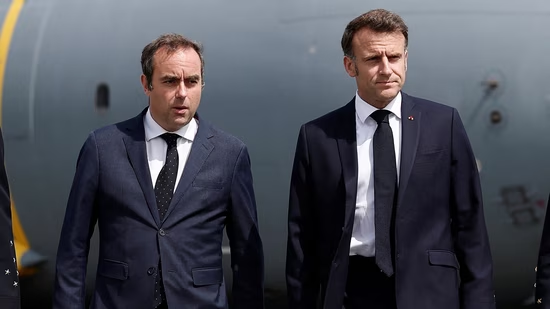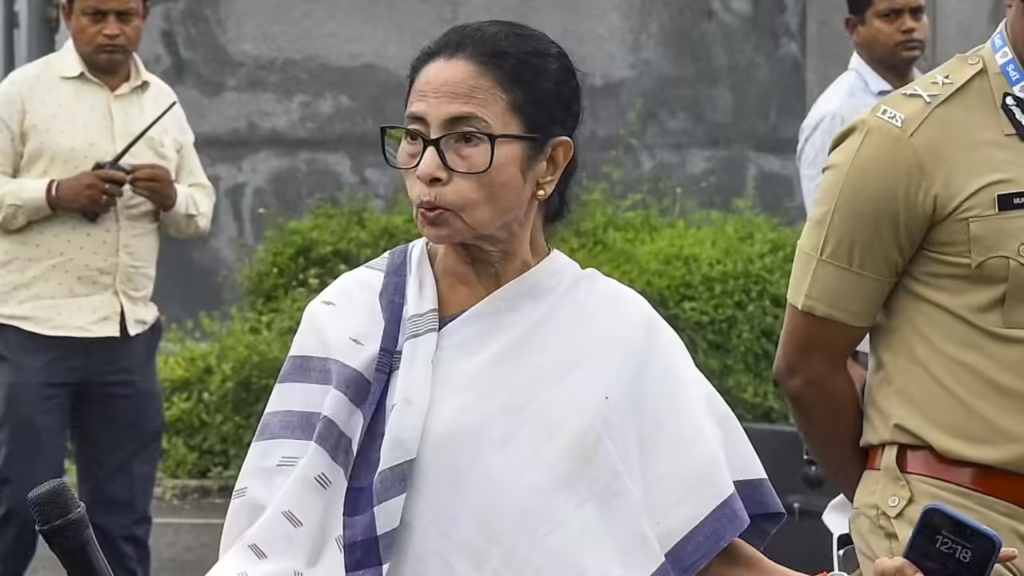Now Reading: Macron’s Bold Move: Reappointing Lecornu Amid Political Turmoil
-
01
Macron’s Bold Move: Reappointing Lecornu Amid Political Turmoil
Macron’s Bold Move: Reappointing Lecornu Amid Political Turmoil

In a surprising turn of events, French President Emmanuel Macron has reappointed Sébastien Lecornu as Prime Minister, just four days after his resignation. This decision comes amid a period of political instability and economic uncertainty in France, raising questions about the government’s ability to navigate the challenges ahead.
A Swift Return to Power
Sébastien Lecornu, who had served as Prime Minister for a brief 27 days before stepping down, is now tasked with forming a new government. His resignation on October 6, 2025, followed criticism from opposition parties and internal disagreements within the cabinet. The rapid reappointment underscores the urgency Macron feels in stabilizing the government and addressing pressing national issues.
Challenges Ahead
Lecornu’s return places him at the helm during a critical period. He faces the immediate task of presenting a 2026 national budget to the National Assembly, a process complicated by a fragmented parliament and opposition from both the far-right and left-wing parties. The government’s ability to pass this budget will be a significant test of its legitimacy and effectiveness.
Political Reactions
The decision to reappoint Lecornu has sparked mixed reactions across the political spectrum. Supporters within Macron’s centrist Renaissance party view it as a necessary step to restore stability. However, opposition leaders from various factions have criticized the move, accusing Macron of political miscalculation and failing to address the underlying issues of governance.
Conclusion
President Macron’s decision to reappoint Sébastien Lecornu as Prime Minister highlights the challenges of leading a nation through political fragmentation and economic uncertainty. As Lecornu prepares to form a new cabinet and tackle the upcoming budget, all eyes will be on France to see if this bold move can indeed pave the way for a more stable and effective government.

























